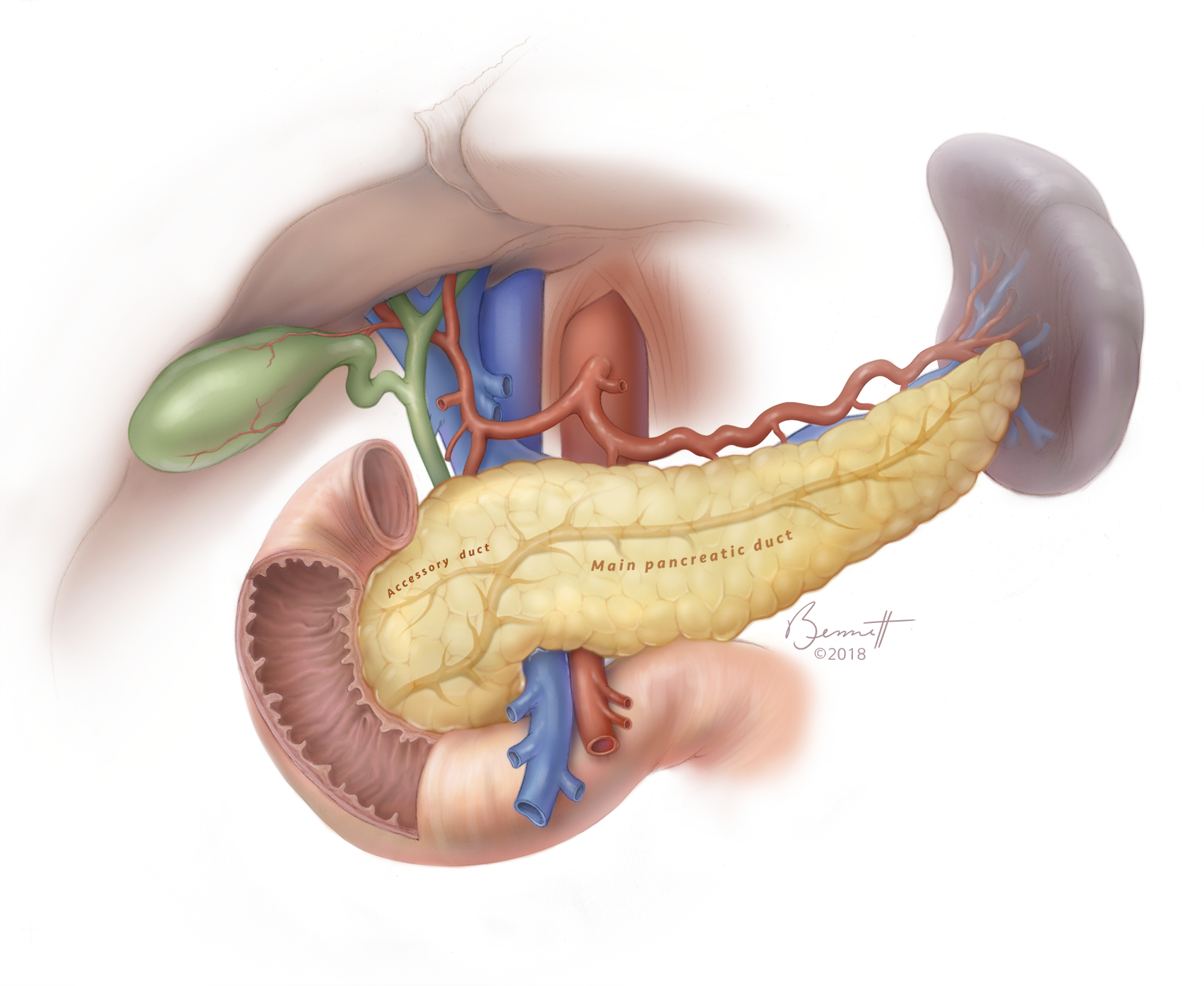Purpose
The Johns Hopkins University School of Medicine Master of Science in Anatomy Education program is designed to give students the training they need in order to successfully compete for teaching positions in anatomy at the community college level. Because such positions often also require some instruction in physiology and/or histology, introductory courses in these disciplines are also included in the program, along with training in pedagogical techniques. The program is also appropriate for students who wish to go on to research or educational support positions in anatomy, such as anatomy lab manager or surgical research coordinator.
Program
The core of this one-year full-time program is a series of courses providing intensive immersion in human anatomy through both classroom instruction and dissection laboratories, including small group interactions with our faculty. A teaching practicum providing training and experience in instructional delivery of anatomical knowledge in lecture and laboratory settings is also included at the end of the program. Some exposure to nonhuman comparative anatomy is incorporated to provide training in the use of model organisms for instructional programs that use these models. All anatomy courses are taught by the experienced faculty of the Center for Functional Anatomy and Evolution (FAE).
The main program runs between mid-August and the end of June, and includes nine courses, described in detail below. We strongly recommend that entering students also take our Summer Institute in Anatomy during the June preceding their entry into the Masters program, which provides an introduction to anatomy and preparation for the rigorous medical school anatomy course that they will take beginning in August. A discounted tuition rate (50%) for the Summer Institute will be offered to all students admitted to the Masters program.
Coursework
All courses (except on-line courses) are held on the campus of the Johns Hopkins University School of Medicine in Baltimore. See below for contact information.
Foundations of Human Anatomy (7 weeks, 7 credits)
Intensive course taught to entering medical students and Ph.D. graduate students; includes lectures, small group activities (imaging, team-based learning, other), and full-body dissection.
Advanced Anatomical Dissection and Research (12 weeks, 5 credits)
Supervised small group cadaveric dissection focusing on more detailed understanding of specific systems and regional anatomy, anatomical variation, clinical correlations, and comparative anatomy. Includes a research project and paper.
Teaching Practicum in Anatomy (8 weeks, 3 credits)
Provides training in lecturing, small group leadership for presentation of anatomy; includes giving one lecture and assisting in labs in Summer Institute in Anatomy.
Introduction to Histology (5 weeks, 2 credits)
Introduction to basics of histology; on-line, using materials developed for medical school course in histology.
Fundamentals of Human Physiology (8 weeks, 4 credits)
Introduction to organ level human physiology, taught through the Johns Hopkins Bloomberg School of Public Health.
The following pedagogical courses are on-line and taught through the interdisciplinary
Johns Hopkins Medical Education in the Health Professions program:
Instructional Strategies I and II (6 weeks and 1.5 credits each)
Instructional methods in small and large group teaching - team-based, interactive, and case-based; strategies to enhance critical thinking, creativity, and cooperative learning.
Ensuring Learning through Assessment and Feedback (12 weeks, 3 credits)
Design of effective assessment tools; aligning assessments with learning goals and objectives; use of feedback to monitor and evaluate learning.
Evidence-Based Teaching (12 weeks, 3 credits)
Apply evidence-based strategies and methodologies to teach in a variety of settings; assess learner needs to guide instruction; effectively integrate technology into instruction.
A timeline of the courses is given below:

Admission Requirements
- Bachelor’s degree from an accredited college or university
- Grade transcripts, personal statement, and two letters of recommendation
- Demonstrated proficiency in written and spoken English, for non-native speakers
- Interview with faculty (conducted virtually)
This program may also be appropriate for professionals in other disciplines who wish to return for specific training in anatomical education.
Tuition and Fees
A non-refundable application fee of $115 is payable by credit card at time of application.
Tuition for this program follows the Johns Hopkins Medical School level for full-time graduate students (56,500 for AY 2020-2021). However, each student admitted to this program will receive a scholarship from the medical school; in previous years, this has reduced tuition by approximately 30%. More details on tuition, fees, and financial aid eligibility will be available during the interview and admission process.
Resources
For more information on graduate education at the Johns Hopkins University School of Medicine, see:
Johns Hopkins University School of Medicine Graduate Programs
Contact Information
Ms. Danielle Edwards (dsmit135@jhmi.edu), Program Coordinator
Dr. Elizabeth St. Clair (Elizabeth.StClair@jhmi.edu), Program Director
Dr. Gabriel Bever (gbever1@jhmi.edu), Program Co-Director
Students admitted to this program are not eligible for F or J immigration sponsorship.

